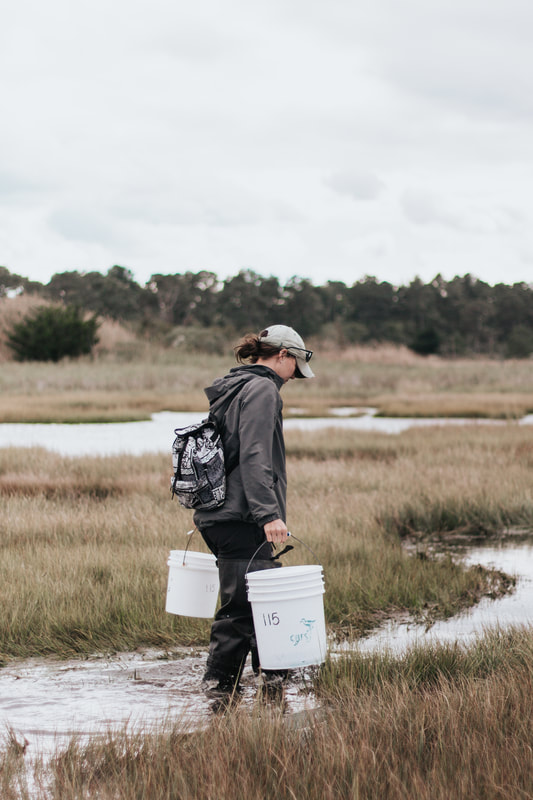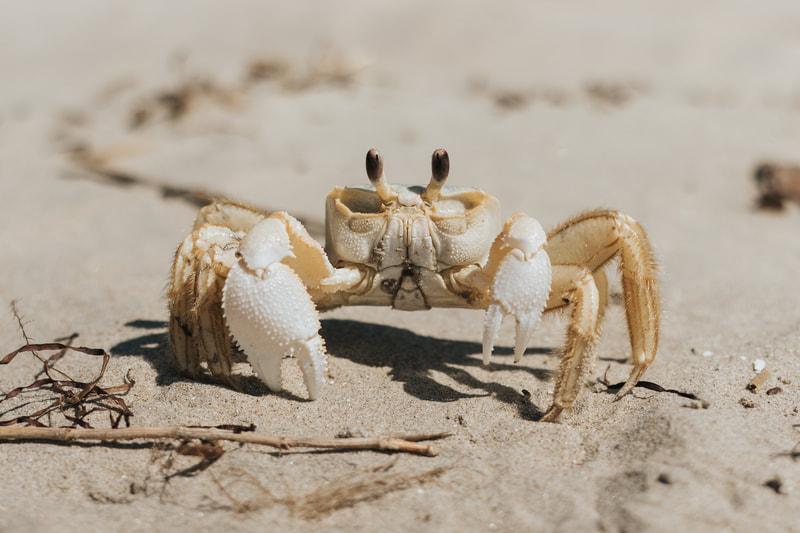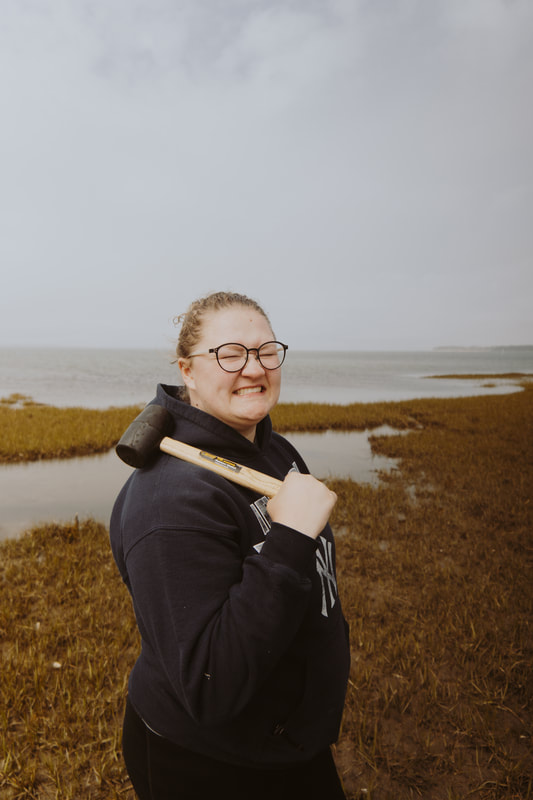PROBLEMS IN MARINE SCIENCE
DR. JOHN HRANITZ - BLOOMSBURG UNIVERSITY
PLEASE NOTE: This course is offered in a hybrid model, designed to allow you to spend a Summer by the Sea!
We will update the course description ASAP.
2022 Chincoteague Bay Field Station Fee*:
Will differ per student, per session depending which other courses you're enrolled in, but will be available soon.
Fees are subject to change at the discretion of the board of directors
* Does not include university tuition or fees. For specific policy on CBFS fees, click HERE.
We will update the course description ASAP.
2022 Chincoteague Bay Field Station Fee*:
Will differ per student, per session depending which other courses you're enrolled in, but will be available soon.
Fees are subject to change at the discretion of the board of directors
* Does not include university tuition or fees. For specific policy on CBFS fees, click HERE.




